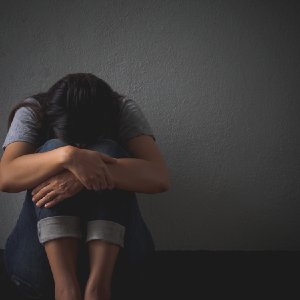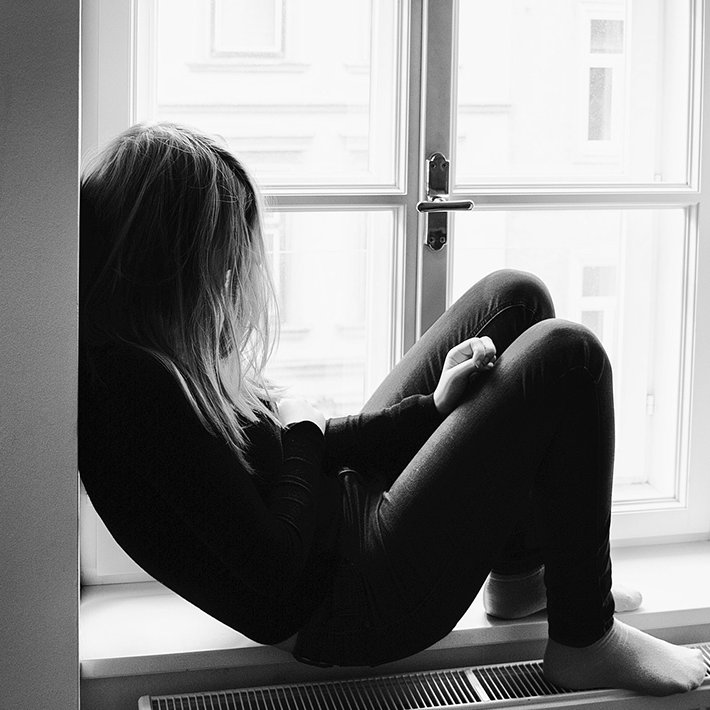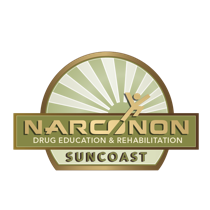What Is Addiction?
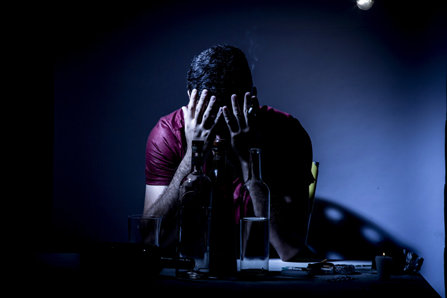
The most workable definition for addiction is:
“The condition of a person who uses any mood or mind-altering substance continuously despite receiving adverse consequences.”
Basically, it’s when a person gets high or drunk over and over again regardless of all the terrible and negative things going on around them. Many addicts don’t care if their lights get turned off, they have no gas in their car and their cat is starving; as long as they can continue to get high everything else can be put on the back burner.
No one ever made it a goal in life to become a junkie. Little kids have aspirations of being police officers, firemen or doctors. A little kid never said:
“When I grow up I want to ruin my life, tear my family apart and stick needles in my arms everyday so I don’t get sick.”
When people initially use drugs they don’t consider that they may become addicted. Many of us first tried drugs in high school. Some earlier, some later but at some point in our lives we were given the opportunity to experiment with drugs. At that moment in time, none of us were considering the consequences of our actions or the possibility we wouldn’t be able to stop using.
Most of us were more concerned about how we’d know when the drug “kicked in.” Addiction is insidious and can grab its newest victim before they ever know what happened.
No matter the drug, whether it be heroin, crack, cocaine, methamphetamine or pills the process and reason for the addiction is the same. A person took drugs and realized that it solved some problem for them. It could have been that it gave them a boost in self-esteem and helped them feel better about themselves, gave them more energy, made them more productive or reduced anxiety. After continuing to use and a series of bad decisions the person now finds himself pawning his Playstation and mom’s jewelry for $40 so he can get another bag.
Watching an addict and their behavior, most people think:
“She’s freaking nuts! Selling her body to strange men?!”
“He sold all his things to a pawn shop?”
“Why would she miss her grandmother’s funeral?”
“There he goes, missing another family event…”
The person before the addiction doesn’t even closely resemble the person sitting across from you at the dinner table with dark circles under their eyes, dirty fingernails, unshaven and disheveled. Drugs will make a person do the unthinkable, throw all of their ethics and morals to the wind and create a monster. Why is this? Cravings, that’s why.
Why Do Addicts Use Drugs?
When a person uses drugs over and over again for a long period of time they start to crave the drug in the same way a hungry person craves food. The only method of quenching their cravings is to use. If they don’t use at first, they’ll be okay. As time goes on, the cravings get worse, and the person can start acting pretty irrationally. After a while, the person is desperate and will do anything within their power to go out, get the drugs and use them just so the mental obsession or the physical sickness stops, even for a moment.
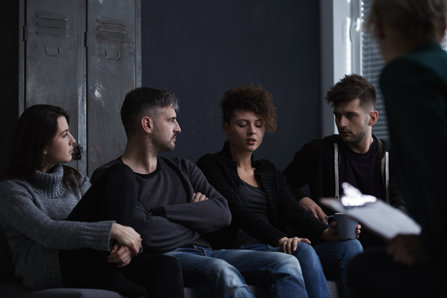
Cravings are also the reason people fail rehab so often. There are very, very few treatment centers out there that handle cravings. Most “traditional” treatment centers force you into Alcoholics Anonymous or Narcotics Anonymous meetings where all you do is talk about drugs and alcohol and how they’ve affected your life. Then you sit in group therapy whether you wish to talk about your problems or not in front of 40 other people and receive some one-on-one counseling, fighting through cravings the whole time, trying not to think about getting high. Nothing in this modality actually handles the cravings. It continues the cycle of addiction and provides a “revolving door” scenario present at most “traditional” treatment centers.
The Narconon Suncoast program uses a time-tested method to handle the addict’s cravings and substantially reduce the rate of relapse.
